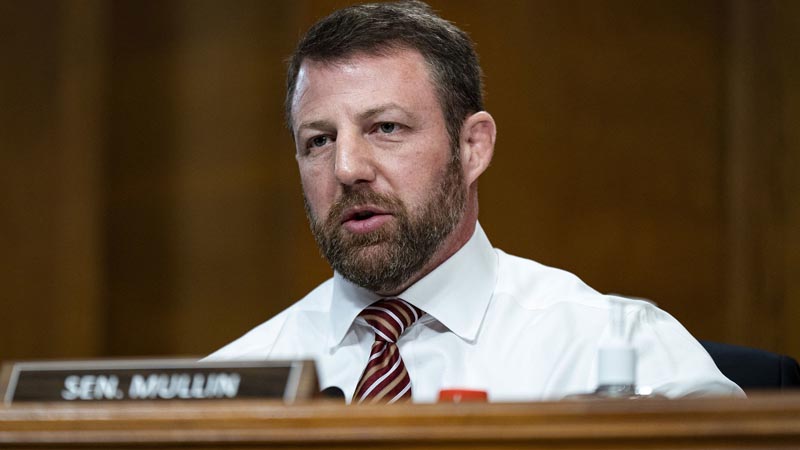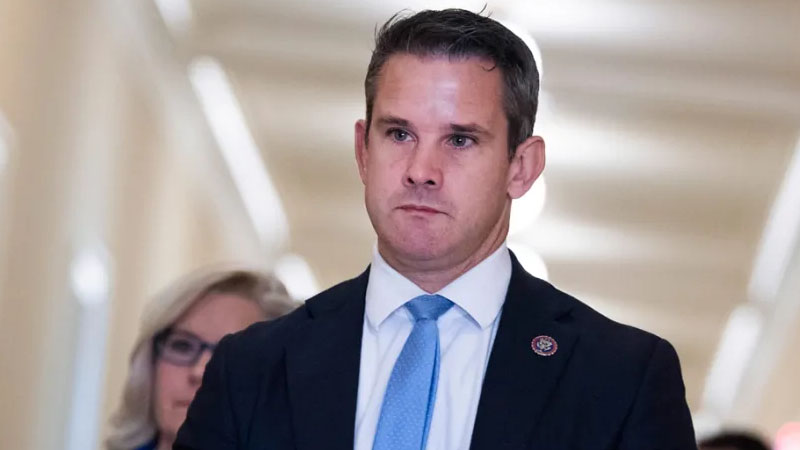Legal Expert on Trump’s Birthright Citizenship Promise: “The President Can’t Override the Constitution”

Donald Trump greets the crowd during a campaign rally in Georgia. (Photo by Chip Somodevilla/Getty Images)
Donald Trump’s recent campaign promise to end birthright citizenship through an executive order has sparked debate, with legal experts casting serious doubt on its feasibility. Neal Katyal, the former acting solicitor general, appeared on MSNBC to break down the legal barriers Trump would face in trying to deliver on this pledge as he prepares to return to the White House.
According to Katyal, Trump’s proposal not only challenges constitutional boundaries but would likely face repeated defeats in court. During his MSNBC appearance, Katyal was asked about Trump’s claim that he could terminate birthright citizenship by executive action. Katyal didn’t hesitate to refute the legality of such an action, explaining that the Constitution directly opposes Trump’s proposal.
“No, last I checked the President can’t override the Constitution,” he said. Katyal pointed to the Fourteenth Amendment, which enshrines birthright citizenship, as an unambiguous constitutional barrier that Trump would have no authority to dismantle unilaterally. “The 14th Amendment is as clear as day that there is no way he can do that,” Katyal added, emphasizing the legal certainty around this issue.
He further predicted that any executive order attempting to end birthright citizenship would swiftly be challenged in court and almost certainly struck down. “If he tries that, he will lose in court every day of the week,” he asserted, underscoring his confidence in the legal protections of the amendment. The Fourteenth Amendment, ratified in 1868, grants citizenship to all persons born or naturalized in the United States.
Its language was designed to prevent discrimination and to ensure equal protection for all citizens, making it an essential part of America’s legal foundation. Katyal’s remarks reflect a widespread view among legal experts that altering or nullifying birthright citizenship would require a constitutional amendment—a process involving Congress and state legislatures—not a simple executive order. In response to Katyal’s analysis, legal analyst Allison Gill, known online as “Mueller, She Wrote,” shared her perspective on social media, drawing attention to another aspect of the Fourteenth Amendment.

Gill pointed out the perceived irony in Trump’s promise, noting the amendment’s clause about officeholders and insurrectionists. “The 14th Amendment was also clear as day that an insurrectionist shouldn’t hold office. But here we are,” Gill commented, alluding to the fact that Trump, who was impeached for incitement of insurrection, remains a significant political force. This back-and-forth highlights the deep-rooted legal and ethical debates surrounding Trump’s return to the presidency and his bold promises on the campaign trail.
His stance on birthright citizenship taps into broader discussions about immigration policy, though experts like Katyal argue that an executive approach to altering the Fourteenth Amendment would be unconstitutional and unviable. Trump’s proposal to end birthright citizenship appeals to some conservative voters seeking stricter immigration control. However, it also raises fundamental questions about the limits of presidential power, constitutional interpretation, and the stability of the amendments that define American democracy.
Katyal’s analysis underscores that, while executive orders can achieve a range of policy goals, the Constitution’s core principles, such as those enshrined in the Fourteenth Amendment, are designed to withstand political shifts and preserve essential rights for all citizens. As Trump’s new term approaches, his campaign promises continue to draw both support and scrutiny, sparking dialogue on the boundaries of presidential authority. The path forward will likely involve legal challenges and debates in Congress as the nation grapples with the enduring impact of the Constitution on American governance and individual rights.




